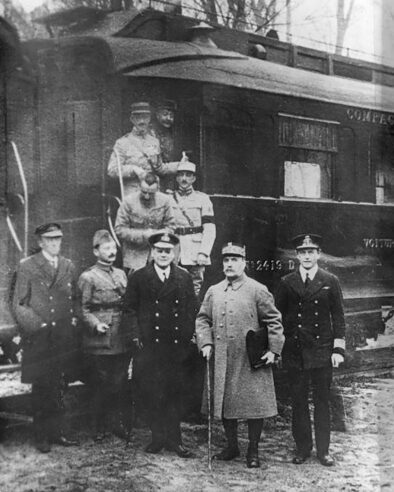
At the 11th hour on the 11th day of the 11th month of 1918, the Great War ends. Germany signs an armistice agreement with the Allies in a railroad car outside Compiégne, France. It should have been the end of the Great War. It was in fact the beginning of more troubled times.
In January of that year, US president Woodrow Wilson wrote a document in fourteen points which he hoped could be the base for a peace treaty. He foreshadowed the birth of the League of Nations, a brotherhood of European nations that would foster understanding and hopefully prevent the breaking of another war. It stated the self-determination of all European countries and lay the ideas for an agreement between enemies after the war.
When the war ended, Germany was greatly destabilized, both politically and socially. Crown Prince Max von Baden persuaded Keiser Wilhelm to abdicate. But when his attempt to turn the empire into a parliamentary monarchy failed, he placed the power in the hands of the Social Democratic Party (SPD), the largest German party. He knew a drastic change was necessary, because the empire was always going to be seen as the instigator of a horrible war. But all his good will was doomed to fail.
The declaration that the war had ended, with the acknowledgement that Germany had lost — while the population had been led to believe a victory was only a matter of time — caused rebellion and fight all over the country and a hasty declaration of a new political entity: the Weimar Republic.
These revolutionary events and the changing of government prevented Germany from actually participating in the Armistice discussion. But Germany knew of Wilson’s document, and when her representatives joined the Armistice congress they expected the treaty to be along the same lines. They also hoped the new political entity would gain a more favorable agreement. After all, it wasn’t the republic who first entered the war.
It was not to be.
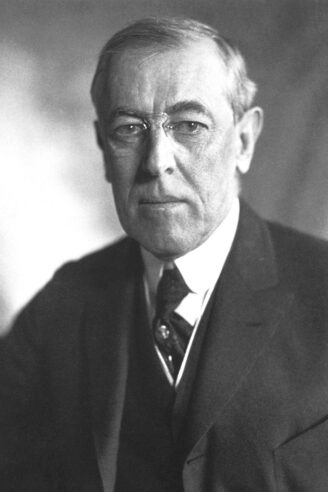
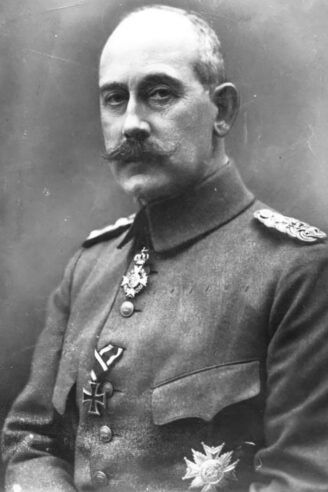
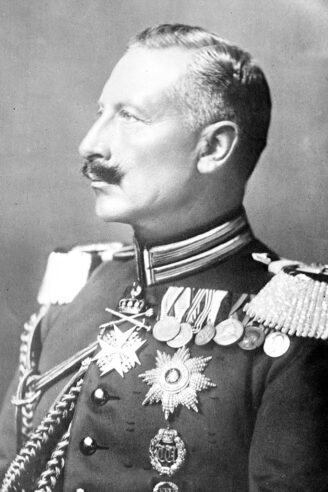
World War I had been too horrible a war, an unthinkable carnage that no one had ever foreseen coming. All nations had suffered. Germany too. But she was the one who had attacked Belgium and France, which was what had effectively initiated the conflict. And now she was on the loser’s side, cut off from all agreements. A few of the Allies — France first of all having suffered the most damage — were less than willing to give Germany any opportunity to raise its head again.
The Weimar Republic went to the Armistice meeting thinking the aim was — as it had been for one hundred years — to find a new balance that they would have negotiated. But the Allies didn’t want a new balance. They wanted to be sure a new Great War never happened again.
Many of the provisions of the Armistice — and later the Treaty of Versailles — rested on the “Guilt Clause”; the idea that the Great War was to be blamed on Germany alone.
German people never accepted it. They blamed the republic for accepting that clause. They hated the treaty for forcing impossible war reparations on them and the Allies for their intransigency. These hard feelings led to a surge of hyper-nationalism which entrenched itself into the political and social life of the Weimar Republic and was ultimately the republic’s doom fourteen years later.
This is not a peace. It is an armistice for twenty years.
Marshal Ferdinand Jean Marie Foch
This story was originally published at The Old Shelter as part of an A-to-Z challenge about the history of Weimar Germany, April 1, 2018.

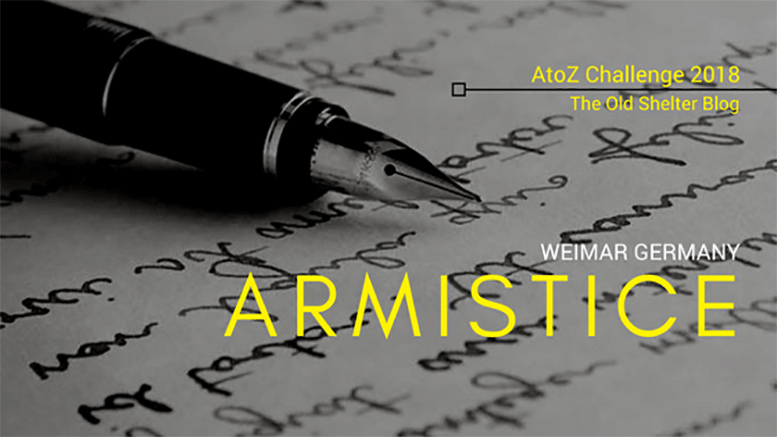
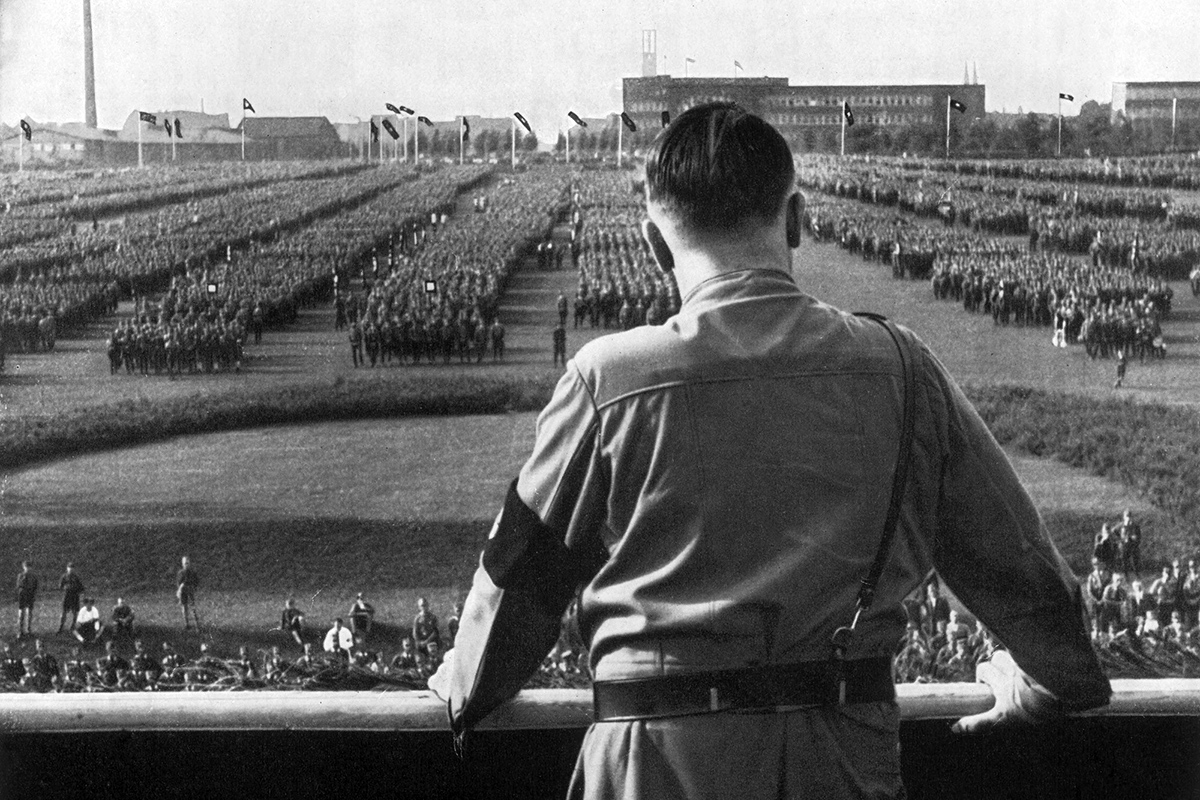
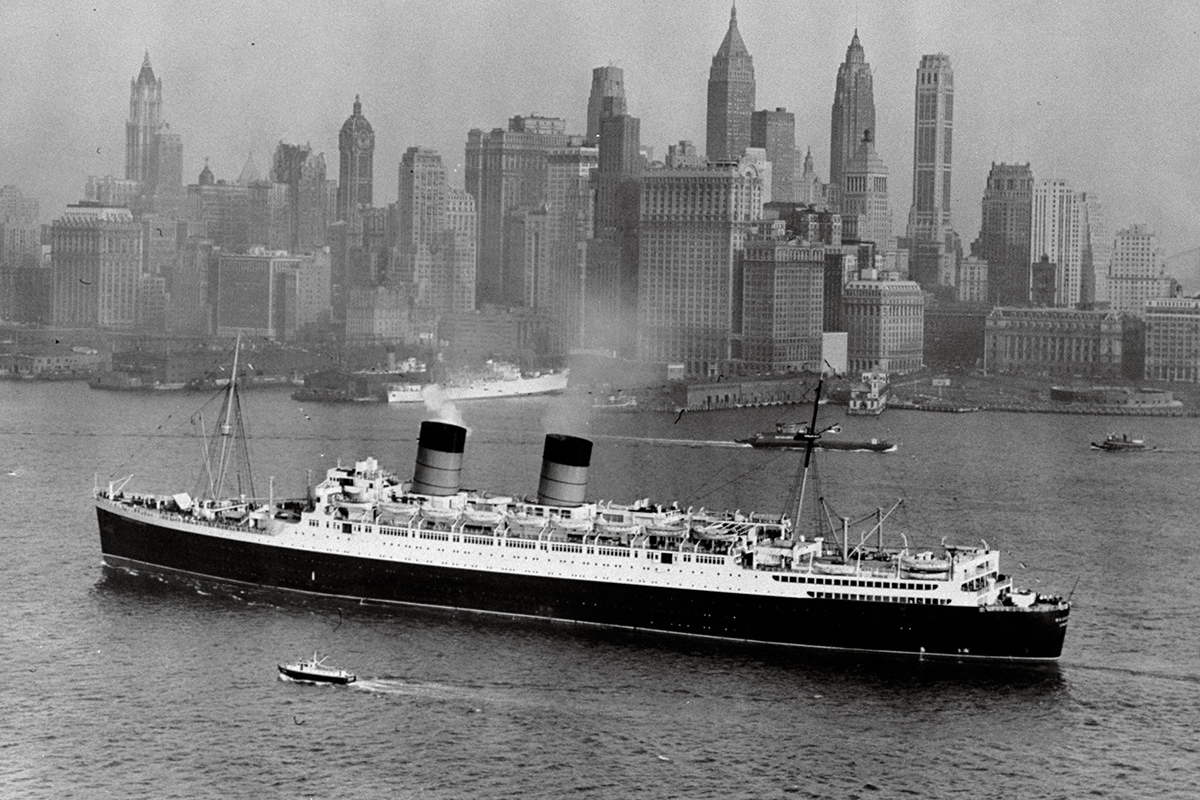
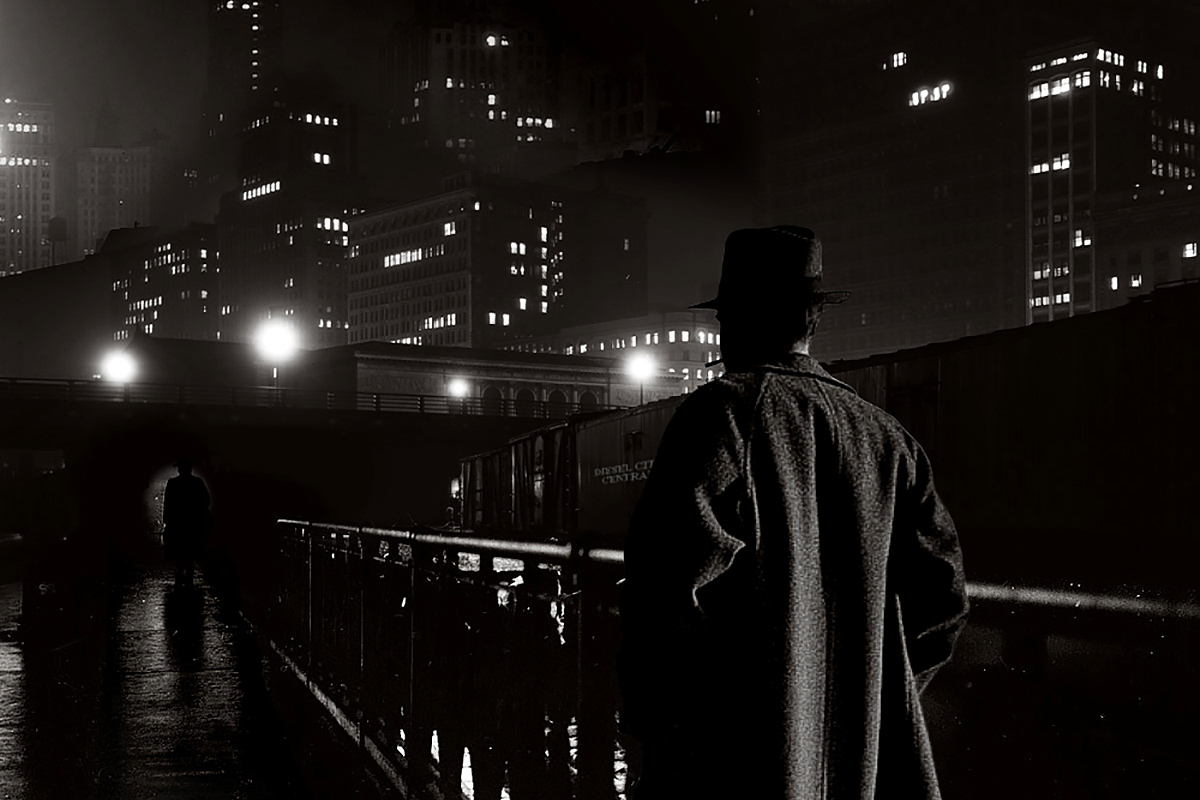
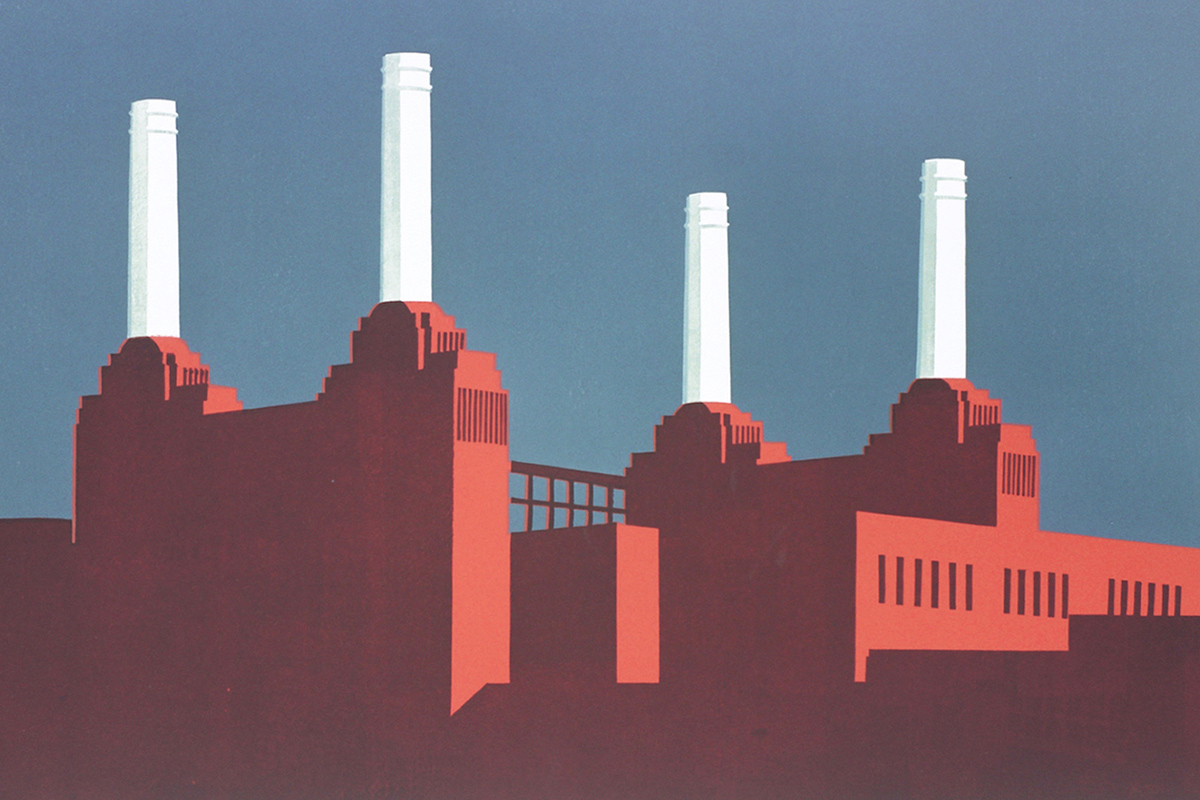
2 Comments
Add YoursThanks for this interesting article, Sarah! I look forward to more of your writing on NWM.
Thanks John!
I’m very happy to be here. Though I think I’ll have few surprises for you. LOL!